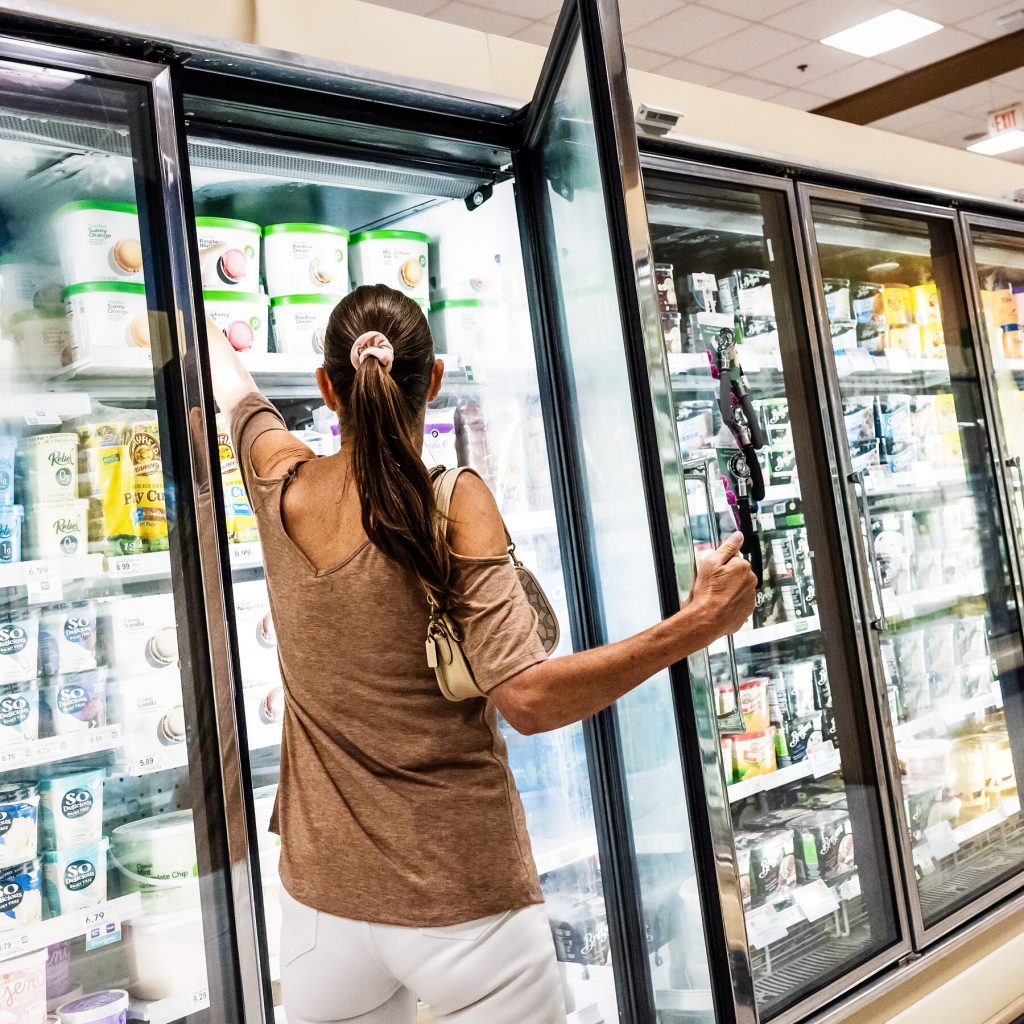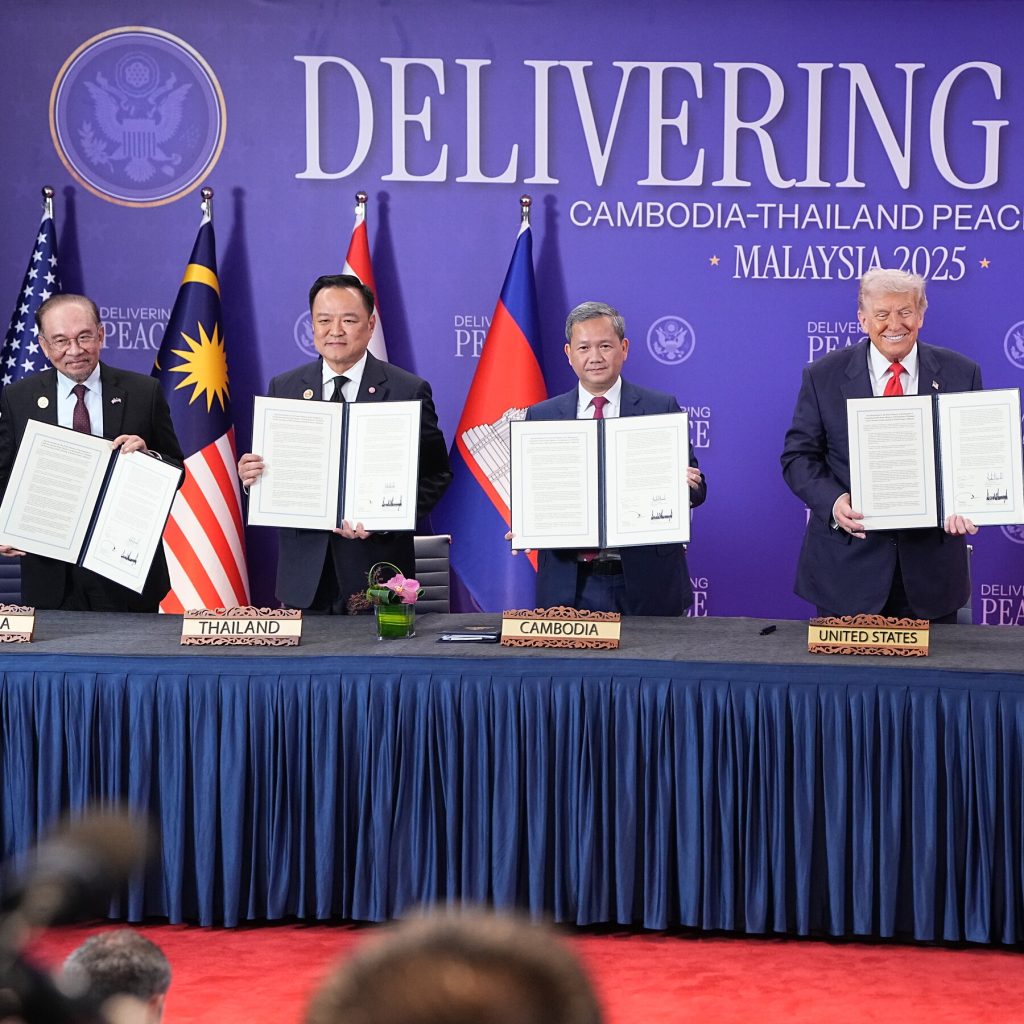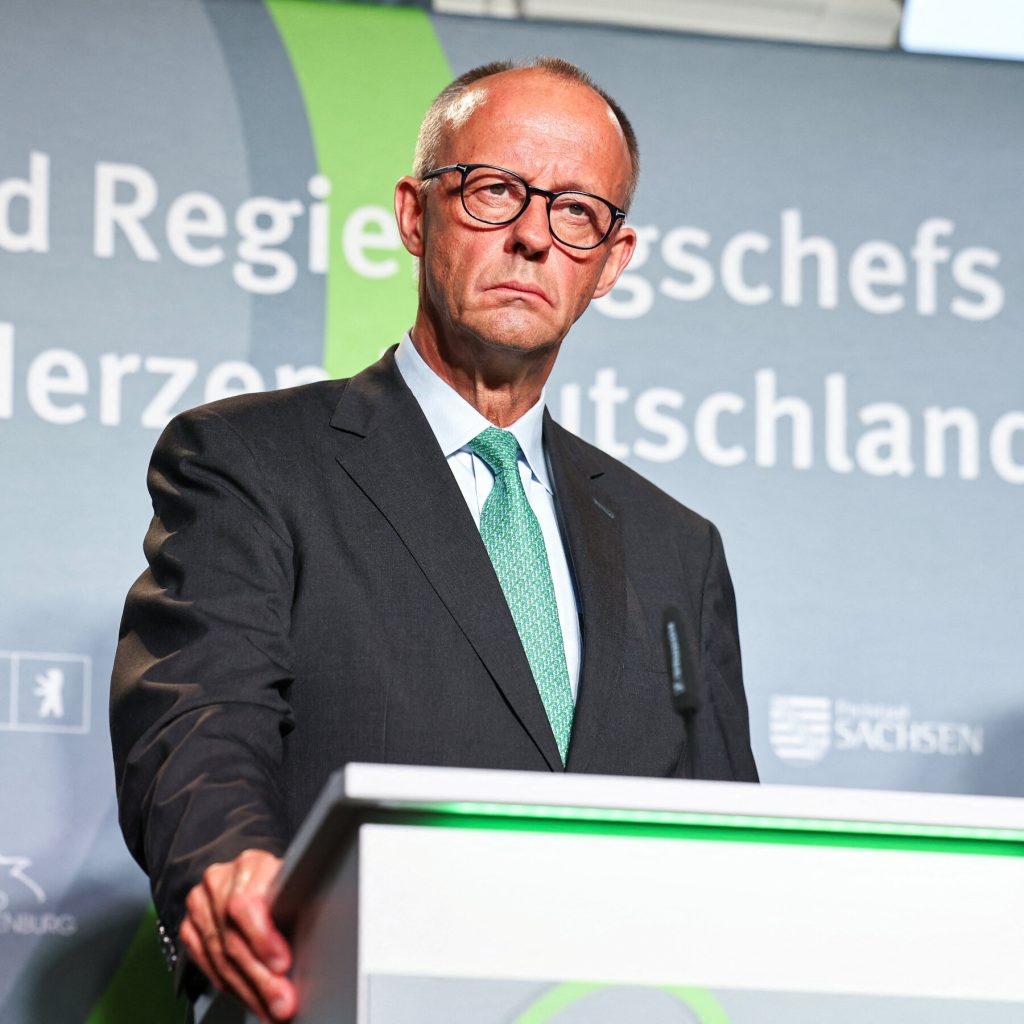Trump Administration Moves to Relax Rules on Hydrofluorocarbons

The Trump administration has proposed a plan to ease regulations on hydrofluorocarbons, a potent greenhouse gas commonly used in cooling equipment. The Environmental Protection Agency (E.P.A.) plan would allow certain industries, including grocery stores and air-conditioning manufacturers, to phase out hydrofluorocarbons (HFCs) at a slower rate than previously mandated.
The proposed rule change would provide more flexibility to companies that use HFCs in their products, such as refrigerators, air conditioners, and supermarkets. These businesses would be allowed to gradually reduce their use of HFCs over a longer period, rather than adhering to a stricter timeline. The E.P.A. claims that this approach would help minimize disruptions to the industries and ensure a smoother transition to alternative refrigerants.
Hydrofluorocarbons are widely used as refrigerants due to their effectiveness in cooling. However, they have a significant environmental impact, with a global warming potential thousands of times higher than carbon dioxide. In 2016, the Obama administration implemented regulations to phase down HFC use in the United States, in line with an international agreement to reduce the production and consumption of HFCs.
The Trump administration’s proposal has sparked concerns among environmental groups, who argue that it could undermine efforts to combat climate change. They contend that a slower phase-out of HFCs would allow the potent greenhouse gas to remain in the atmosphere for longer, exacerbating global warming.
However, industry groups have welcomed the proposed rule change, citing the need for more flexibility in the transition to alternative refrigerants. They argue that the original phase-down schedule was too aggressive and did not account for the complexity of replacing HFCs in existing equipment.
The E.P.A. is expected to finalize the rule change in the coming months, following a public comment period. The move is seen as a significant development in the ongoing debate over climate change and the role of regulations in reducing greenhouse gas emissions.





